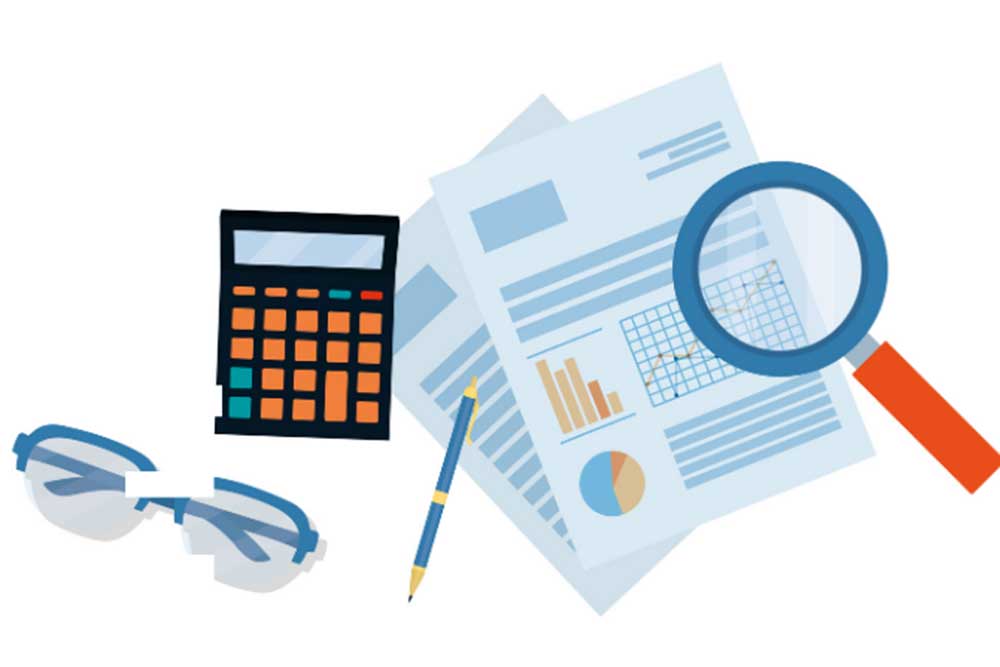Generally, you can claim vehicle deductions as a business owner or self-employed taxpayer.
If you own a business or are self-employed and use a vehicle for business, you may deduct car expenses on your corporate tax return. If a taxpayer uses the car for both business and personal purposes, the expenses must be split. The deduction is based on the portion of mileage used for business.
You may deduct vehicle expenses in one of two ways.
1. Actual expenses
These include:
- a. Depreciation
- b. Lease payments
- c. Gas and oil
- d. Tires
- e. Repairs and tune-ups
- f. Insurance
- g. Registration fees
Your deduction for actual expenses is based on the percentage of business use. If for example you use your car 80% for business and drive it 20% personally, you may write off 80% of your qualified expenses.
2. Standard mileage rate
Taxpayers who want to use the standard mileage rate for a car they own must choose to use this method in the first year the car is available for use in their business.
Taxpayers who want to use the standard mileage rate for a car they lease must use it for the entire lease period.
The standard mileage rate for 2021 is 56 cents per mile driven for business use.
Your deduction for actual expenses is based on the percentage of business use. If for example you use your car 60% for business and drive it 40% personally, you may write off 60% of your qualified expenses.
Regardless of which method you use, keep detailed records as proof in case the IRS challenges your deductions. You must record each business trip, including the date, location, distance, and business purpose.
Additionally, you may claim Section 179 deduction. You can elect to recover all or part of the cost of a car that is qualifying section 179 property, up to a limit, by deducting it in the year you place the property in service.
How much can you deduct?
Example: A business owner purchased a new car in April 2021 for $24,500 and used it 60% for business. Based on his business usage, the total cost of the car that qualifies for the section 179 deduction is $14,700 ($24,500 cost × 60% (0.60) business use)
What is a qualified car?
To be qualified property, the car (including the truck or van) must meet all of the following tests.
-
- You acquired the car after September 27, 2017, but only if no written binding contract to acquire the car existed before September 28, 2017
- You acquired the car new or used.
- You placed the car in service in your trade or business before January 1, 2027.
- You used the car more than 50% in a qualified business use during the tax year.
Maximum Depreciation Deduction for Passenger Automobiles (Including Trucks and Vans) acquired after September 27, 2017, and placed in service during 2018 or later are as follows:
2019-2020, deduction is $18,100 for the 1st Year, $16,100 for the 2nd Year, $9,700 for the 3rd Year and $5,760 for the 4th & Later Years
2018, deduction is $18,000 for the 1st Year, $16,000 for the 2nd Year, $9,600 for the 3rd Year and $5,760 for the 4th & Later Years
If you purchase a heavy duty SUV instead of a passenger vehicle, you may qualify for a deduction of up to $25,000. Moreover, a lease of a car instead of buying is also in line for generous write-offs.





